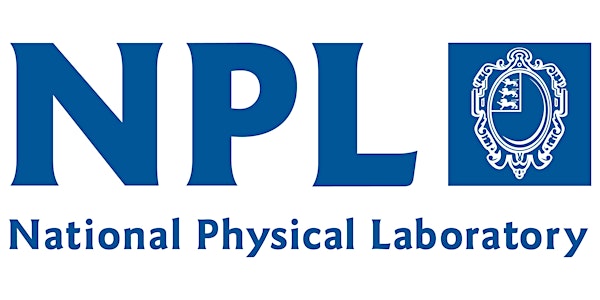
CEOS WMO-GSICS Workshop
Date and time
Location
National Physical Laboratory, Hampton Road, Teddington
TW11 0LW United KingdomDescription
An SI-Traceable Space-based Climate Observing System
A CEOS, WMO-GSICS Workshop
hosted by the UK Space Agency at National Physical Laboratory, London, UK, September 9-11, 2019
FINAL ANNOUNCEMENT AND CALL FOR CONTRIBUTIONS
The Agenda can be found here (6 September issue)
Recent years have seen an increasing urgency from international coordinating bodies such as CEOS, WMO-GSICS, GCOS, climate researchers, and policy makers to establish a space-based climate observing system capable of unambiguously monitoring indicators of change in the Earth’s climate, as needed for international mitigation strategies such as the 2015 Paris climate accord. Such an observing system requires the combined and coordinated efforts of the world’s space agencies. To deliver data that can be considered unequivocal on decadal timescales, facilitating policy makers to make decisions in a timely manner, requires improvements to heritage, existing, and in-development space assets. In particular, observations spanning the electromagnetic spectrum from the near-UV to microwave need to be of sufficient accuracy and duration, traceable to the International System of Units (SI), and sampled to ensure global representation in order to detect change in as short a timescale as possible. The harshness of launch and the space environment has to date limited any satellite mission’s ability to robustly demonstrate SI traceability on-orbit at the accuracy and confidence levels needed. An order of magnitude improvement is typically required for robust climate observations.
Although not as demanding in terms of long-term accuracies, implementing such a system also facilitates improvements to operational applications, particularly where data harmonisation enables ‘information on-demand’ for a wider range of applications such as health, a sustainable food supply, and pollution.
Bringing together experts from space agencies, industry, academia, and policy makers, the intent of this international workshop is a community strategy to quantify the benefits and consequential specifications of a space-based climate observing system along with a roadmap to implementation.
Discussion topics include:
- Potential scientific and economic benefits,
- The state-of-the-art in establishing traceability in orbit: current technologies, methods, and missions (e.g. CLARREO and its Pathfinder, TRUTHS, and Chinese and Indian counterparts)
- New observation and climate-sensitivity detection capabilities and concepts
Stimulated by invited and contributed presentations, the workshop will be structured to ensure ample discussions on all topics. An introductory session will be suitable for a broad audience. This will be followed by more detailed technical discussions and conclude with a final session focussing on defining observing-system requirements and a draft implementation strategy, see attached outline. The latter will require pre-workshop preparations.
Although the final oral program is now defined in the attached agenda additional formal contributions in the form of poster are solicited related to any of the workshop topics summarised in the following themes:
- Science and societal drivers for the climate and operational communities (including economic benefits)
- Observations and datasets needed (measurements, timescales, and accuracies)
- Reference calibrations (facilities/targets, approaches, capabilities, and uncertainties)
- Mission/technologies/concepts under development or conceived (status, technical capabilities)
- Develop community ‘white paper’ on benefits, needs, and a proposed implementation architecture– please click on the link for the current outline.
Pre-registration for this open workshop is required for the venue.
To submit an additional poster please provide a short 300- to 500-word abstract online for any proposed additional poster presentations by August 31st, 2019 stating clearly how it addresses the scope and themes of the workshop. All submissions will be reviewed by the Scientific Organizing Committee.
Papers based on contributions to this workshop will be published in a special edition of ‘Remote Sensing'
Scientific Organising Committee: Nigel Fox (NPL, CEOS WGCV), Bruce Wielicki (NASA), Greg Kopp (U.Colorado/LASP), Xiuqing (“Scott”) Hu (CMA, GSICS), Tim Hewison (EUMETSAT, GSICS)